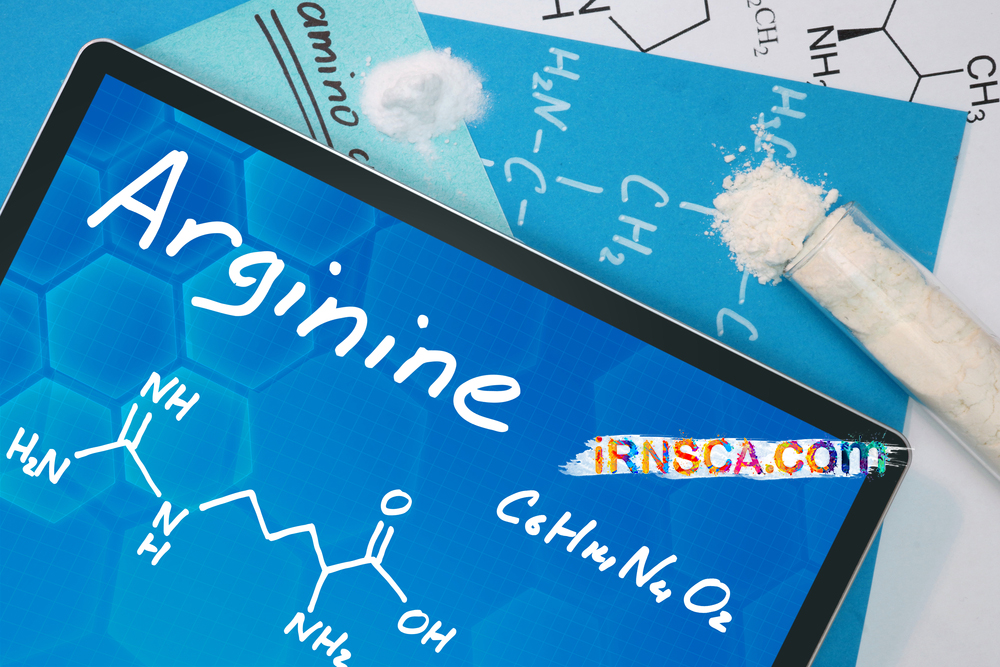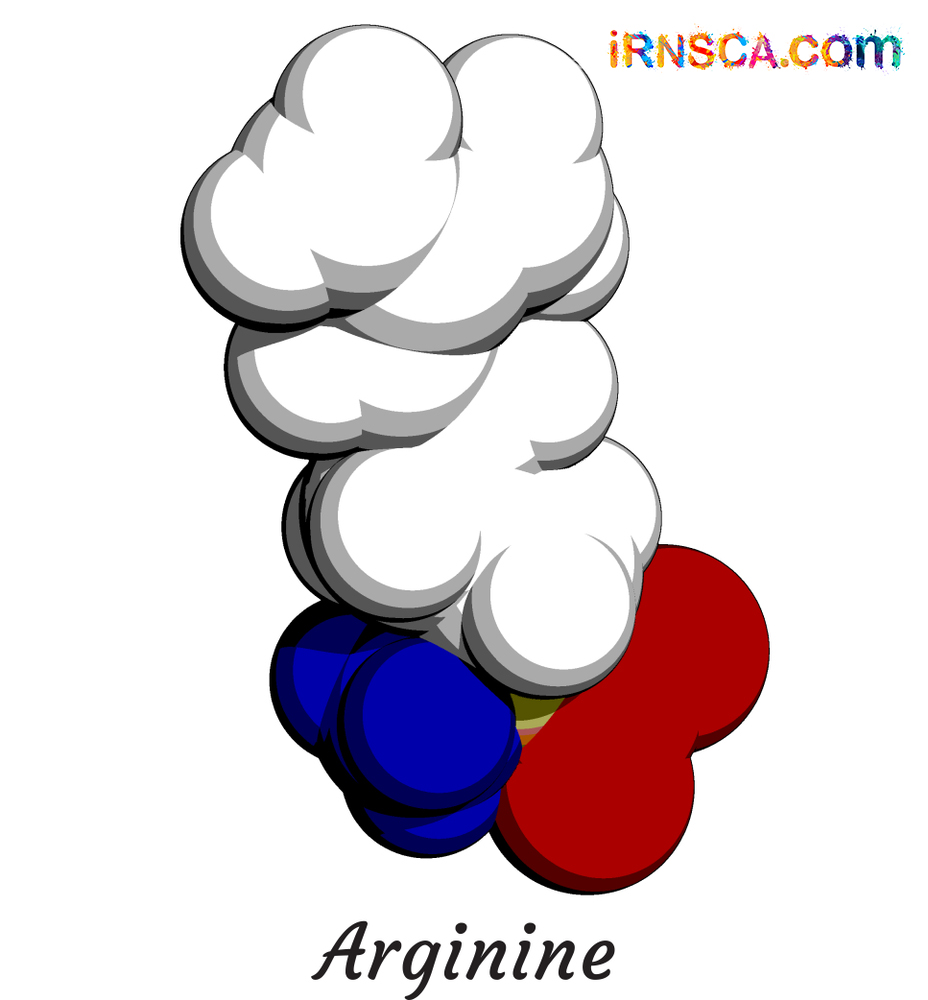
L-arginine is a chemical building block called “an amino acid.” It is obtained from the diet and is necessary for the body to make proteins. L-arginine is found in red meat, poultry, fish, and dairy products. It can also be made in a laboratory and used as medicine.
L-arginine is used for heart and blood vessel conditions including congestive heart failure (CHF), chest pain, high blood pressure, high cholesterol, heart surgery, recovery after heart transplant, heart attack, and coronary artery disease. L-arginine is also used for recurrent pain in the legs due to blocked arteries (intermittent claudication), decreased mental capacity in the elderly (senile dementia), erectile dysfunction (ED), altitude sickness, nitrate tolerance, diabetes, diabetic nerve pain, muscular dystrophy, kidney toxicity from cyclosporine, valproic acid toxicity, anthracycline toxicity, kidney disease, tuberculosis, critical illness, head and neck cancer, obesity, ovary disease (polycystic ovary syndrome), pressure ulcers, respiratory infections, sickle cell disease, stress, and male infertility.
Some people use L-arginine for preventing the common cold, improving kidney function after a kidney transplant, high blood pressure during pregnancy (pre-eclampsia), improving athletic performance, boosting the immune system, and preventing inflammation and tissue death of the digestive tract in premature infants (necrotizing enterocolitis) and improving growth of a small baby within the uterus.

L-arginine is used in combination with a number of over-the-counter and prescription medications for various conditions. For example, L-arginine is used along with ibuprofen for migraine headaches; with conventional chemotherapy drugs for treating breast cancer; with other amino acids for treating weight loss in people with AIDS, for improving wound healing in people with diabetes, and for preventing skin inflammation because of radiation; and with fish oil and other supplements for reducing infections, improving wound healing, and shortening recovery time after surgery.
Some people apply L-arginine to the skin to speed wound healing, healing of small rips of the anus, and for increasing blood flow to cold hands and feet, especially in people with diabetes. It is also used as a cream for sexual problems in both men and women. Arginine has also been used for dental caries and dental hypersensitivity.
L-arginine has been injected into the vein for recurrent pain in the legs due to blocked arteries (intermittent claudication), reduced blood flow to the limbs (peripheral artery disease), for detecting growth hormone deficiency, disease due to defective mitochondria (mitochondrial encephalomyopathies), chest pain due to gastric problems, restenosis, kidney transplant, nutrition for the critically ill, metabolic acidosis, and increased blood pressure in the artery of the lungs (pulmonary hypertension) in newborns. It is also used to improve the growth of a small baby within the uterus.

